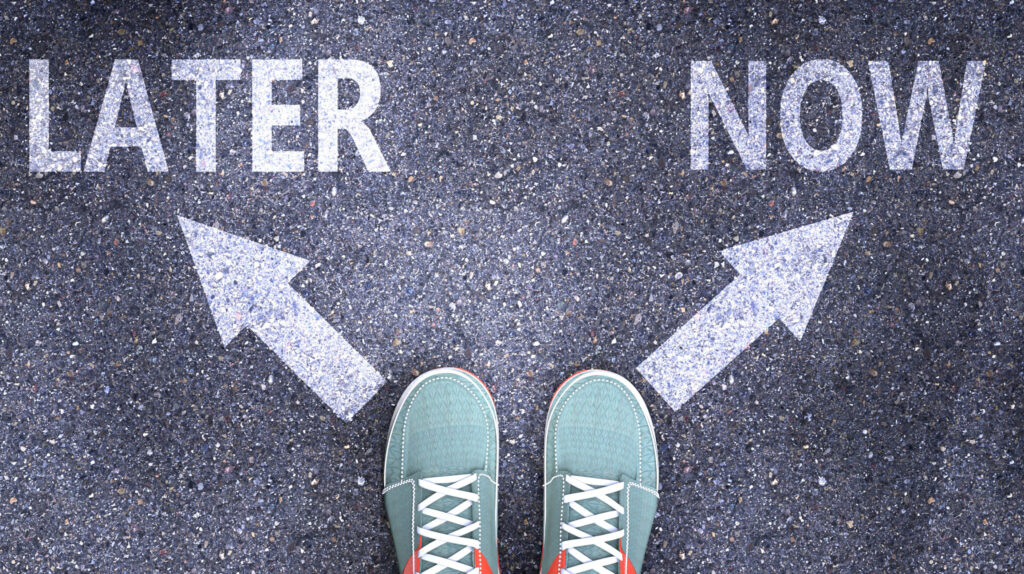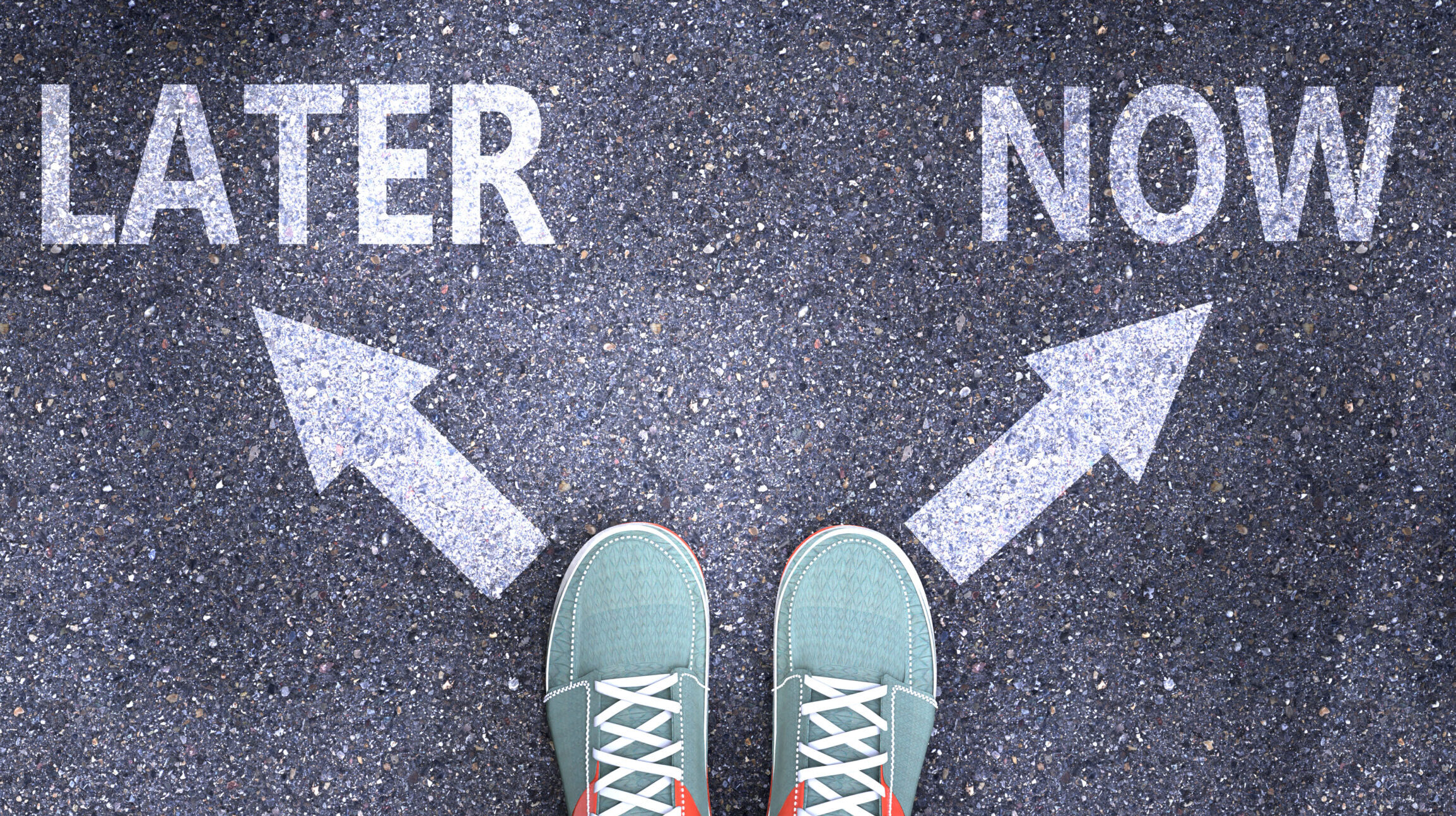How Many People Need Addiction Treatment?
In 2023, about 54.2 million people age 12 and older, or 19.1% in this age group, needed substance use treatment. However, of these people, only 23.6% got the help they needed.1
What Are Addiction Treatment Barriers?
People needing treatment for substance use disorder can go untreated due to real and perceived barriers: fear of the unknown, denial, stigma, trust, financial, work expectations, family needs, legal obligations, geographical location, travel requirements. Although numerous barriers to treatment remain, some encouraging findings indicate treatment is becoming more attainable for those attempting to find recovery at evidence-based treatment centers like Santé Center for Healing.
What Are Financial Barriers for Addiction Treatment?
The financial barriers include:
- health insurance premiums
- loss of a job
- loss of Medicaid
- lack of insurance through an employer
- change in family status
When considering the financial costs, can you see treatment as an investment in yourself? Can you calculate your expenses in active addiction? How does that compare to the hope, health and healing found in long-term addiction recovery? You’re worth it. Invest in yourself. Reach out for help.
What Are the Stigma Barriers to Addiction Treatment?
The stigma and discrimination from others can prevent those in active addiction from acknowledging their need for help. The stigma around addiction still exists, yet this is not a moral failing. In reality addiction is a disease in which a person finds themselves unable to discontinue use of a substance or stop engaging in associated behaviors. Medical and therapeutic help could be the right intersection for you to change your trajectory. There is no shame in getting treatment or help for this. Let untreated, addiction is progressive and fatal disease. Join Santé Center for Healing in a movement to give the same credence to mental health and substance use disorder as we do to cancer, heart disease, diabetes, Alzheimer’s, etc.
Why Might Denial be a Barrier to Addiction Treatment?
It is possible that some individuals in active addiction don’t recognize their substance dependence, much less acknowledge the severity of their addiction. Denial is the first step in the 5 stages of recovery. Frequently, those in active addiction believe their usage is under control and reject they have a problem. Supportive family and friends showing compassion and understanding, interventionists, therapists, medical providers and education can help an individual identify the need to pursue an addiction recovery process.
How Might Geography be a Barrier to Addiction Treatment?
Travel for addiction treatment can be a barrier for various reasons; distance from home to treatment facilities, transportation problems, and waiting lists can make it treatment access problematic. However, there are more mental and behavioral health programs now than even just a few years ago. The addition of telehealth and virtual recovery programs have additionally reduced geographical barriers for ongoing treatment. Yet the most important trait of a quality addiction program is not its address; it is the evidence-based treatment utilized, individualized treatment plans, medical support as needed, expert and compassionate staff and their commitment to your long-term recovery, simultaneous treatment of any mental health issues, and a continuum of care that can accompany you all along your recovery journey. Want to learn more? Call Santé Center for Healing at 940-464-7222.
Sources
- SAMHSA Retrieved November 13, 2023, HHS, SAMHSA Release 2022 National Survey on Drug Use and Health Data. https://www.samhsa.gov/newsroom/press-announcements/20231113/hhs-samhsa-release-2022-nsduh-data
Follow us on social media for more:







